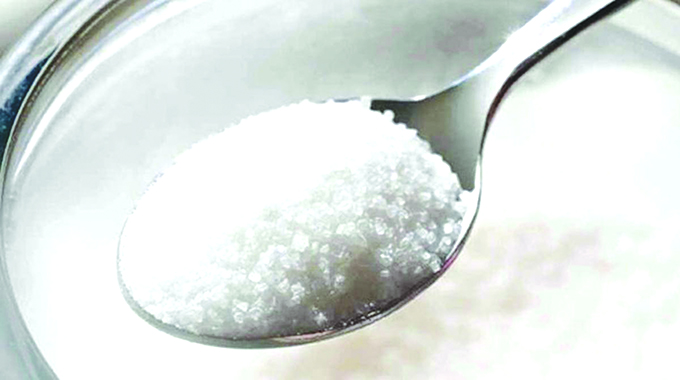Starafrica’s investment pays dividends

Business Reporter
STARAFRICA corporation sugar sales grew by 46 percent in the first half to September 2021 driven by improved throughput and demand for white refined sugar.
The raw sugar processor said the improved performance was attributable to capital investment and equipment maintenance in the preceding period, which drove production.
As such, Gold Star Sugar Harare (GSSH) volumes rose to 39 294 tonnes from 26 959 tonnes in the prior year comparative period, representing a 46 percent growth in sales.
Starafrica says the 46 percent growth in sales was largely due to strong demand for white refined sugar, which has remained high in the market. The company did not record any export sales last year compared to the prior period as all its produce was consumed in the domestic market where “demand is still outstripping supply heavily”.
However, the improved volume uptake in the period led to a 38 percent increase in inflation-adjusted revenue to $3,92 billion compared to the same prior year period.
Resultantly, profit grew by 43,5 percent to $117 million against the comparable period in 2020 while earnings before income tax depreciation and amortization (EBITDA) also grew by 20 percent to $579,68 million against the same period in 2020.
Acting chairperson Dr Rungano Mbire noted in a statement accompanying group results that the period under review was buoyed by encouraging product demand and better manufacturing output.
However, he acknowledged Covid-19 pandemic, intermittent supply of electricity and water negatively impacted some of the company’s operations despite a noticeable stability in the economic environment.
“The escalation was largely buoyed by the enhanced throughput at Goldstar Sugars and the strength of the demand for all the groups’ products which remained high during the period under review
The improved turnover represented a recovery from the prior year’s depressed performance, which had been caused by a two week long shutdown from July to August 2020 due to a positive Covid-19 case that occurred at the Harare refinery.
“The period was characterised by a healthier economic environment although electricity and water supply remained erratic during the period under review,” said Dr Mbire.
Dr Mbire said the operating environment during the period under review saw the year-on-year inflation rate tumbling to double digit numbers from August 2021, due to various fiscal stabilisation initiatives the government instituted since the Reserve Bank of Zimbabwe (RBZ) introduced the foreign currency auction trading system in June 2020.










Comments